High-Quality Development of Regional Economy: from Urbanization to City Clusters --the 1st Warm-up Seminar for the 20th CDF
Since China began Reform and Opening-Up, its rapid economic and social development has been accompanied by fast urbanization. Openness stimulates formation of city clusters and urbanization, which has been of subjects of heated debates in the recent years.
The 20th session of CDF, to be held on 23-25 March this year in Beijing, will draw attention to the issue. As a primer, on Feb 16, CDF held a seminar themed “High-Quality Development of Regional Economy: from Urbanization to City Clusters”, and invited five experts from academia and the industry came together sharing their views on urbanization in China.
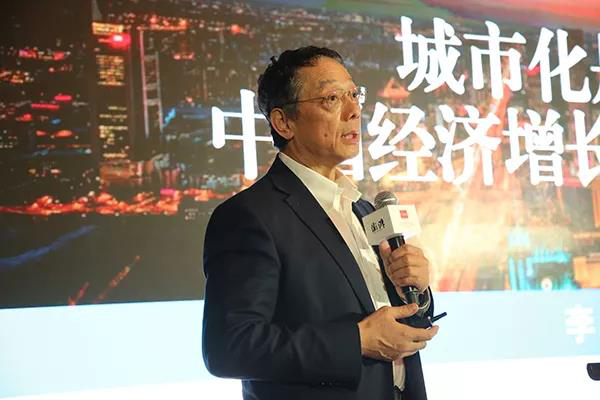
Li Tie, Chairman of China Center for Urban Development
Li Tie, Chairman of China Center for Urban Development, suggested that urbanization is a driving force for domestic demand. He pointed out that urbanization can help revitalize rural areas, effectively promote the real economy, and increase investment and consumption. Despite possible challenges, Li felt positive that with measures to raise the quality and lower the costs of urban development, China can release new potentials for the overall economy.
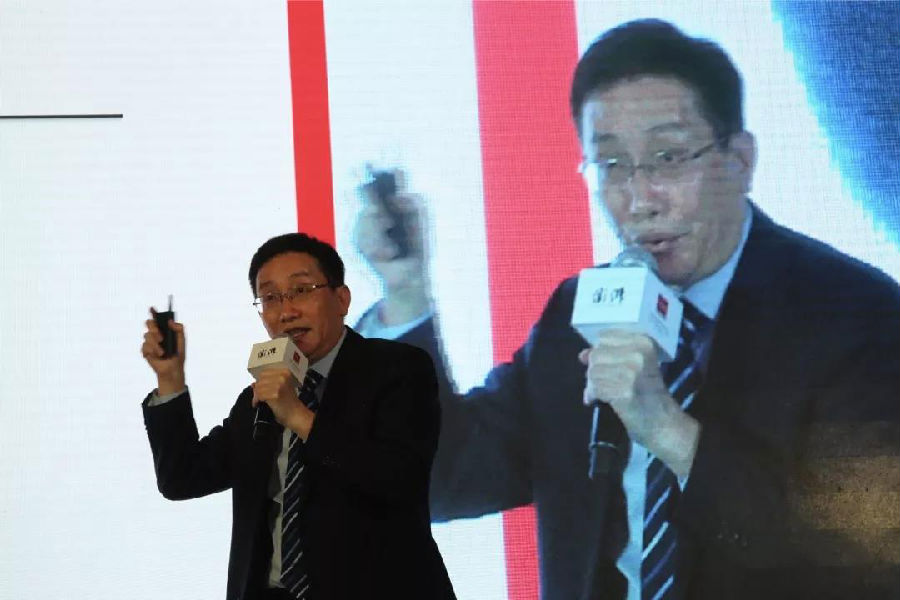
Ni Pengfei, Director of the City and Competition Research Center of Chinese Academy of Social Sciences
Agreeing with Li that openness could motivate urbanization, Ni Pengfei, Director of the City and Competition Research Center of Chinese Academy of Social Sciences, addressed the bottlenecks and possible solutions of developing high-quality city clusters. For instance, he observed imbalanced development and lack of cluster effect in different urban areas. On account of that, Ni emphasized the importance of institutionalized and intellectualized development of city clusters.
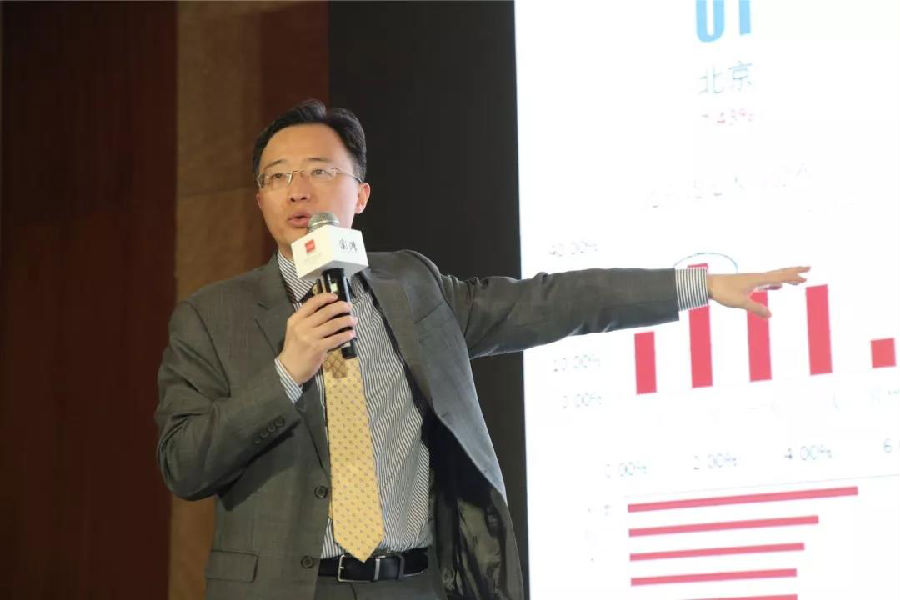
Shen Jianguang,Vice President and Chief Economist of JD DigitalSpeakers from business world contributed to the topic from different perspectives. Shen Jianguang,Vice President and Chief Economist of JD Digital, the digital services branch of top Chinese online retailer JD.com. Shen analyzed the consumption trend with JD’s big data, and found that many people were migrating out of first-tier metropolis to smaller cities. With his observation, Shen offered suggestions for healthier urbanization including reforms of the household registration system, fiscal and taxation systems, land system, and equalization of basic public service.
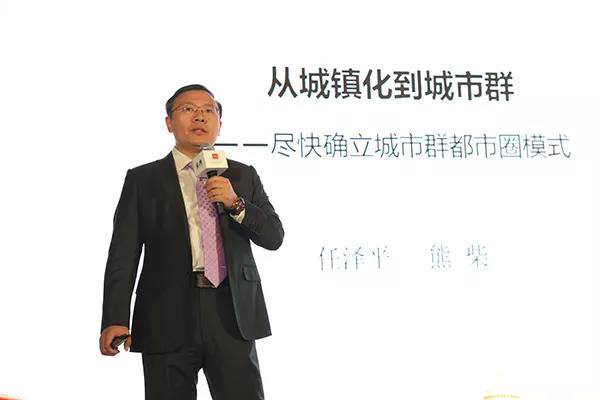
Ren Zeping, Chief Economist of Evergrande Group and Director of its economic research institute
Two experts from real estate industry differs in their views on the issue. Ren Zeping, Chief Economist of Evergrande Group and Director of its economic research institute, talked about establishing a guideline for urban agglomeration and metropolitan circle. He highlighted the collaborative promotion of internationalization, industrialization, marketization and urbanization. On the contrary, Yang Xianling, Chief Economist of Ke.com and Director of its research institute, a leading online real estate agency, held that cities could be open without deliberate planning. “A city follows its own life circle, and we should view its rise and fall objectively and rationally.” Yang remarked.
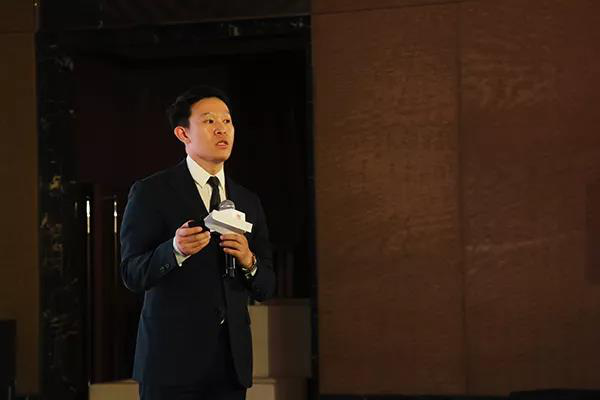
Yang Xianling, Chief Economist of Ke.com and Director of its research institute




